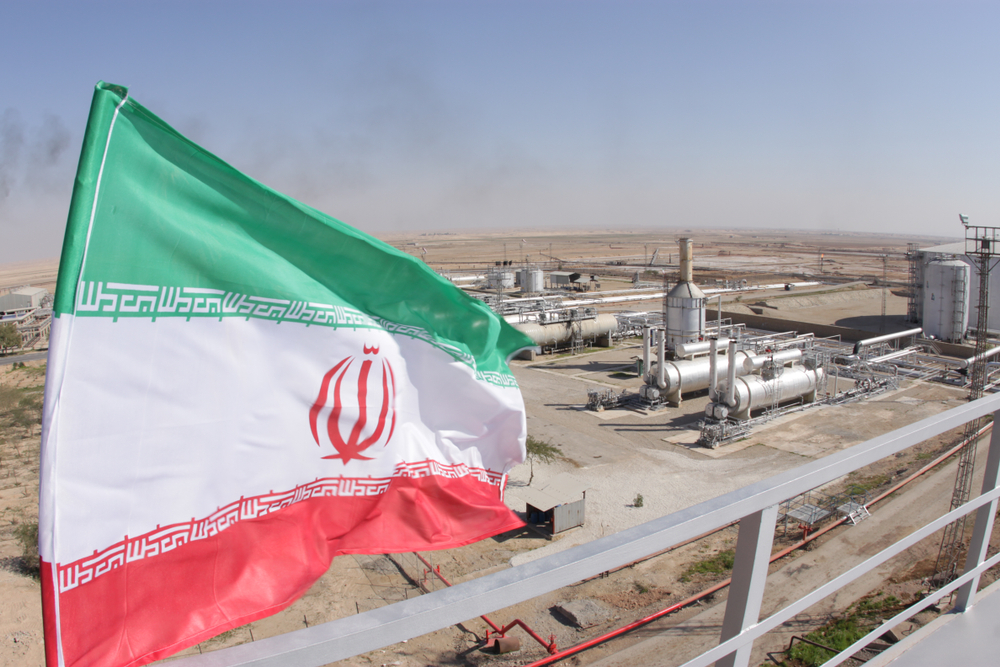Key Points:
- Middle East tension rose as Iran’s large-scale aerial assault on Israel included over 300 drones and missiles.
- The conflict was intensified by an earlier Israeli strike on Iran’s embassy in Damascus.
- Iran seized an Israeli-linked ship in the Strait of Hormuz, showcasing its strategic influence.
- The US maintains support for Israel but avoids offensive involvement.
Over the current weekend, the Middle East witnessed a significant escalation in hostilities, marked by a large-scale aerial assault from Iran on Israeli military targets. This aggressive act, using over 300 drones and missiles, escalates a worsening cycle of retaliation, raising regional tensions. President Joe Biden characterised the assault as “unprecedented,” underscoring the severity of the attack. In response, Israel has expressed its determination to “exact a price” from Iran, with strategies to possibly include forming a regional coalition, as stated by Benny Gantz, Israel’s centrist minister.
Israel’s Strike Kills 7 in Damascus, Sparking Retaliation
Earlier this month, an Israeli strike targeted the Iranian embassy compound in Damascus, Syria. Seven Iranian military personnel, including key commanders, were killed. This act set the stage for Iran’s drastic response, emphasising the recurring cycle of attack and retaliation in the region.
Iran Seizes Israeli Ship, Eyes Global Oil Leverage
Adding complexity to the situation, Iran seized an Israeli-linked container ship in the strategic Strait of Hormuz just a day before the drone and missile strike. The Strait is a vital artery for the world’s oil trade, and actions here reflect Iran’s capacity to influence global economic stability. A Senior Middle East and North Africa analyst, Ryan Bohl, states that Iran aims to leverage its influence. Consequently, it seeks to provoke diplomatic pressures from the US on Israel to de-escalate rather than pursue direct conflict.
Global Powers Wary as Middle East Tensions Mount
Internationally, the reactions have been mixed but gravely concerned. Amir Saeid Iravani, Iran’s UN Ambassador, defended the attacks as a necessary act of self-defence, citing continuous aggressions from Israel. Conversely, analysts like David Roche predict a moderate immediate Israeli response with the potential for more severe retaliation within the next year. This looming possibility of further escalation puts additional pressure on international diplomatic efforts to stabilise the region.
US Aims for Peace Amid Rising Mideast Tensions
The United States, though reiterating an “ironclad” commitment to Israel’s security, has stated its intention to steer clear of participating in offensive operations against Iran. This position likely aims to balance the necessity of supporting a key ally with the need to avoid inflaming the conflict further. Tensions remain high, and the international community watches closely. They hope for a resolution that brings peace to the region rather than a continued cycle of violence and retaliation.













